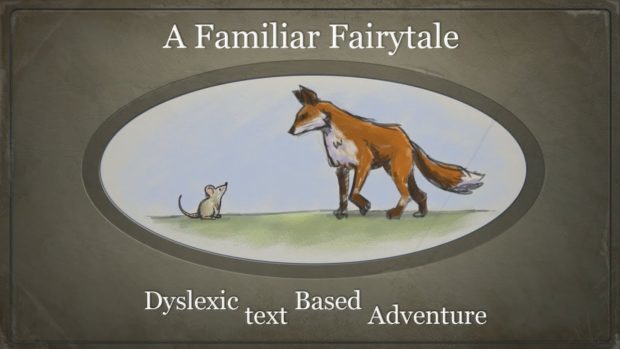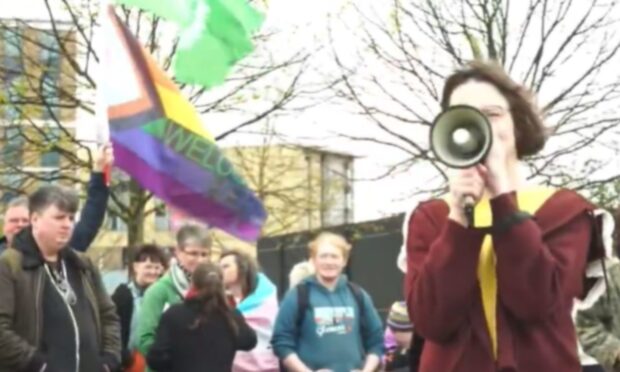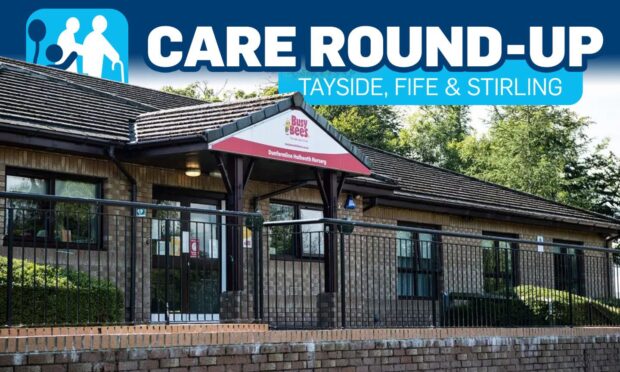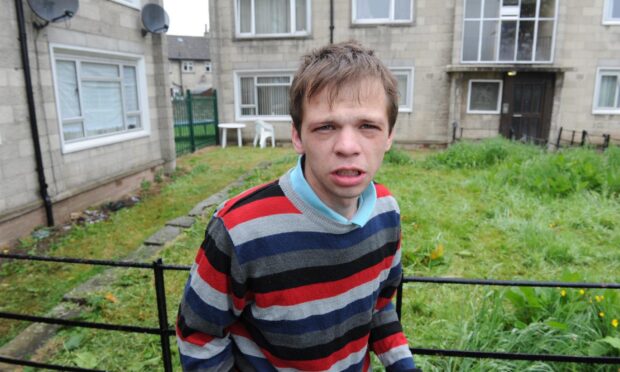A Dundee games designer is preparing to release his latest creation which shows players what it is like to have dyslexia.
Alastair Low, 27, was diagnosed with the condition as a child when his parents noticed he was memorising stories, rather than reading them.
He has been an avid gamer since his youth, but has often been frustrated at the lack of consideration shown to dyslexic people – especially when having to choose between different options with a time restriction.
He decided to develop a game that demonstrated what it is like to live with the learning disability.
The result, titled A Familiar Fairytale, is a text-based game which tells the story of a small fox traversing a world of kings, queens and witches.
It uses jumbled lettering to simulate the frustrations typically experienced by someone living with dyslexia.
An early version of the game has been developed after almost two years of work and Alastair hopes to have it released on Steam, Android and indie-games website itch.io through his company Lowtek in the coming months.
“I’ve been waiting to a game that shows what it’s like to live with dyslexia for year, but it never came so I went ahead and did it myself,” he said.
“It shows how hard it is to decode text when reading. That has never been done in a game before. I’ve showed it to some teachers and they say they didn’t realise how hard it can be.
“It would be interesting at the end of a chapter to ask the player what just happened. They probably wouldn’t be able to say because they’ve had to work on just getting through so won’t have taken it in properly.
“I would like to see more consideration in games for people with dyslexia, maybe having a setting in options to say you are dyslexic or have someone reading everything.”
Alastair hopes to follow the project up with a series of other fairytale-influenced games.
Dyslexia Awareness Week takes place in Scotland between November 5-10.










